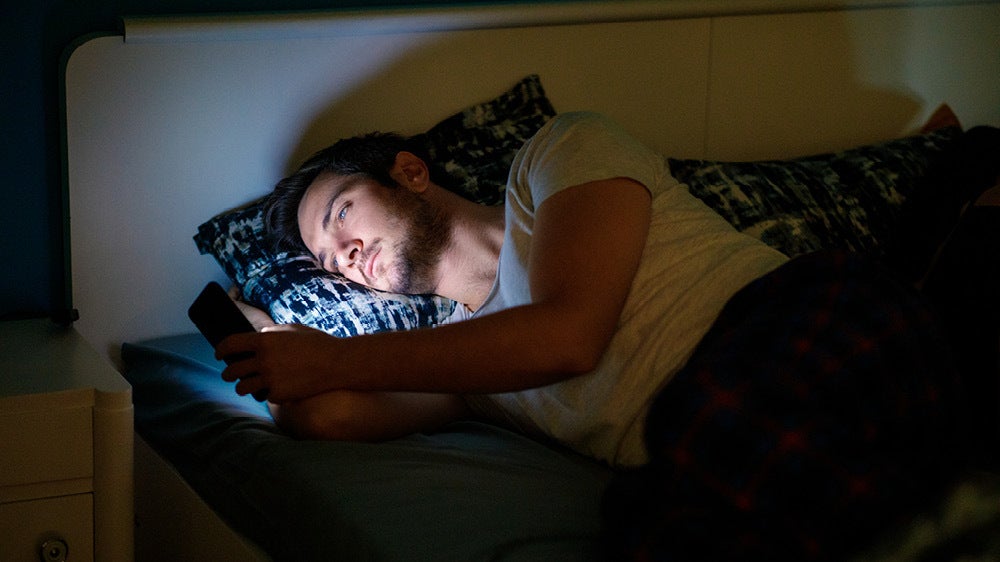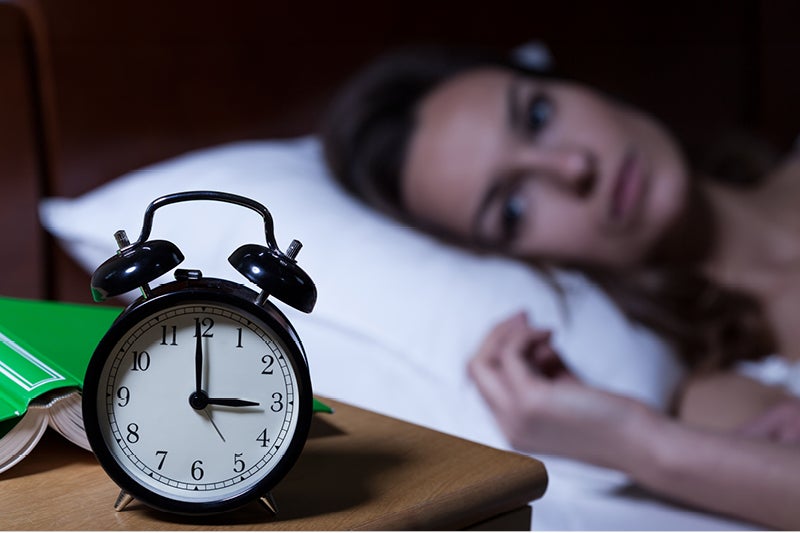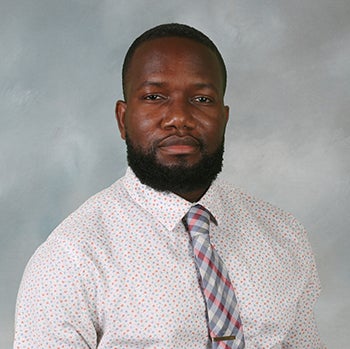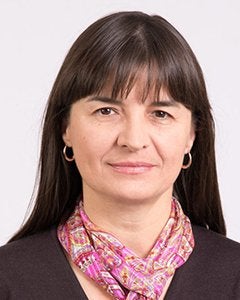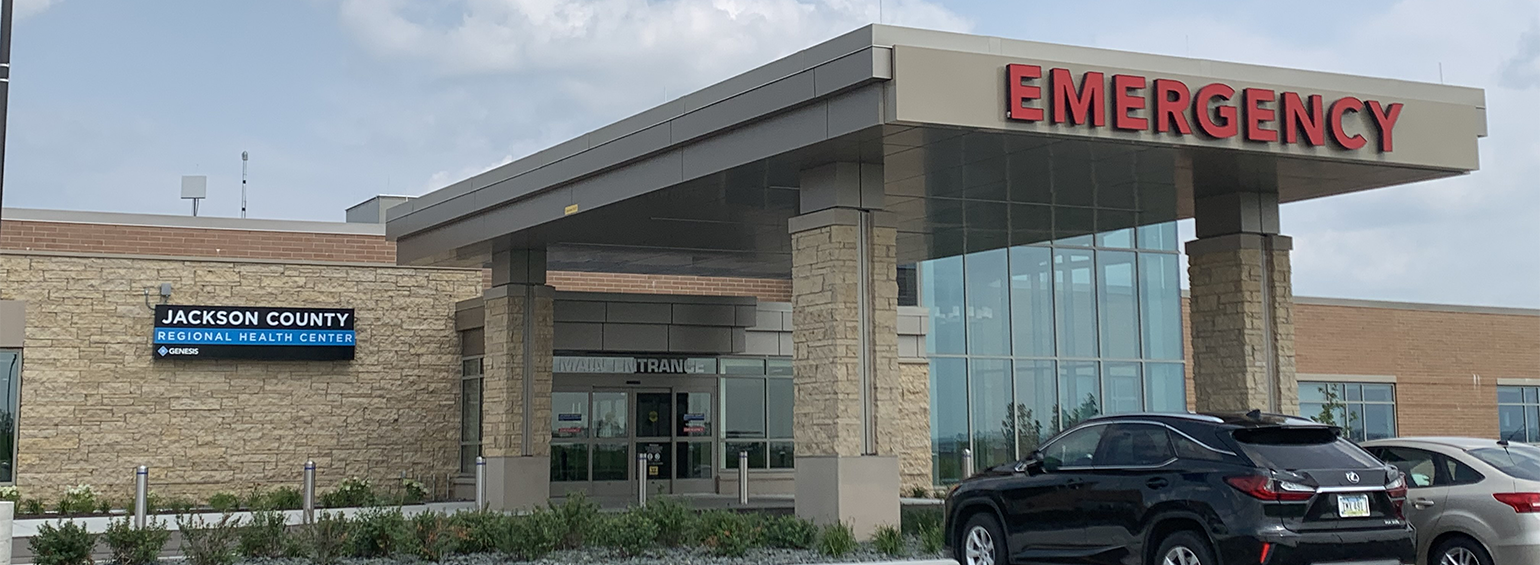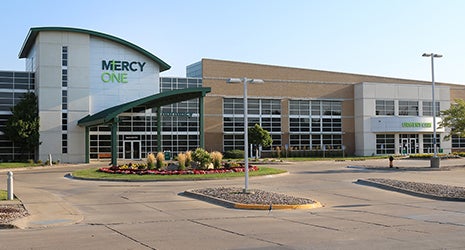Sleep Medicine
Find a referring provider Find a referring location
At MercyOne, our sleep medicine experts work to ensure you’re getting the best quality of sleep. We offer a personalized and comprehensive approach to sleep care – with consultation, evaluation, treatment and follow-up. Our board-certified physicians and specialists can help you get improved rest so you can live your best life.
It might be time to get help from a MercyOne sleep expert if you have any of these symptoms:
- Feel tired even after a full night’s sleep
- Struggle to fall asleep
- Wake frequently
- Feel a lack of energy or focus during the day
- Fall asleep or have trouble staying awake during the day
If left untreated, the long-term effects of sleep loss can lead to other chronic health issues. Ask your primary care provider if you should see a sleep specialist.
What is a sleep disorder?
Sleep disorders refer to a change or disturbance in your normal sleep patterns. A sleep disorder may impact your quality and length of sleep and affect your physical and behavioral health without proper diagnosis and treatment.
At MercyOne, we recognize sleep is essential to you. When you don’t sleep well, you put your job, relationships, productivity, health and safety at risk. Poor sleep also increases your risk for a number of chronic diseases and conditions, such as diabetes, cardiovascular disease, obesity and depression, as well as machinery and motor vehicle accidents.
What are common sleep disorders?
- Insomnia - Insomnia is the inability to fall asleep regularly or awakening during sleep.
- Sleep apnea and snoring - Snoring not only disrupts others, it may be a symptom of a more serious sleep disorder called sleep apnea. Sleep apnea affects your breathing and disrupts sleep.
- Restless leg syndrome is a condition where you have a strong urge to move your legs to reduce discomfort such as pain, burning or itching. It happens most often during sleep and is only relieved by frequent leg movements.
- Narcolepsy is the uncontrollable desire to sleep or sudden attacks of sleep. Daytime sleepiness is the primary symptom of this condition.
- Other disorders - Snoring, sleepwalking, night terrors, nightmares, bed wetting, tooth grinding and nocturnal headbanging also can disrupt your sleep.
How do I know if I have a sleep disorder?
Your first step is to visit with your primary care provider. Your provider may refer you to a sleep specialist, who can determine if you need a sleep study or other tests.
Condition treated:
- Insomnia
- Daytime sleepiness
- Hallucinations
- Insomnia
- Narcolepsy
- Night terrors
- Nightmares
- Nocturnal headbanging
- Restless leg syndrome
- Sleep apnea
- Sleep disorders
- Sleep paralysis
- Sleepwalking
- Snoring
Treatment of sleep disorders will vary for each condition and individual. Our sleep experts can help you get better, more restful sleep, using the following approach:
- Assess and diagnose your sleep issues
- Conduct advanced sleep studies (if needed).
- Develop a personalized treatment plan for your condition.
- Schedule regular follow-up appointments to monitor progress and ensure effectiveness.
- Consult with your primary care provider and other MercyOne specialists for related health care needs.
- Provide education and counseling for behavioral and other factors that can affect quality of sleep

